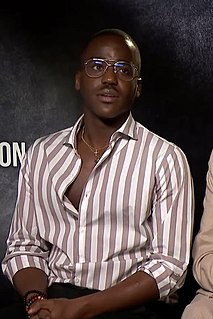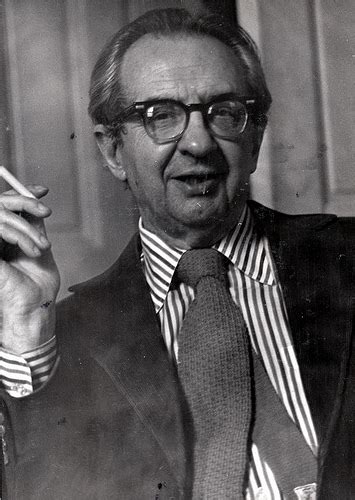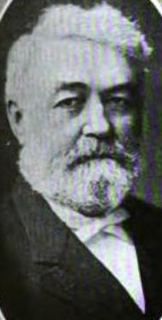A Quote by Jennifer Hyman
It's amazing how much misinformation there is about pregnancy and how many myths are still ingrained into our culture.
Related Quotes
There's a lot of music nowadays with people singing about how amazing their clothes are and how incredible their shoes are and how much jewelry they might be wearing or how much jewelry they want, how much money they have and the club that they're in and the alcohol that they're drinking. I think that's showing off. I don't think it's necessarily all that honest or all that interesting.
How many slams in an old screen door?
Depends how loud you shut it.
How many slices in a bread?
Depends how thin you cut it.
How much good inside a day?
Depends how good you live 'em.
How much love inside a friend?
Depends how much you give 'em.”
? How Many, How Much by Shel Silverstein
“Tell the truth, or someone will tell it for you.
We became Homo sapiens not that long ago, from the scientific perspective, and we've retained a lot of our beast nature. We've done all these amazing things in terms of our knowledge base and technology, and now we're flying around and using the internet. But we're still very animalistic. So, I think about hierarchies. I think about evolution. I think about how we stack up, how we sit on top of each other. How we pray that we know what we're up to.
We still like to make up stories, just as our ancestors did, which use personification to explain the great forces of our existence. Such stories, which explain how the world began or where the sun goes when it sets, we call myths. Mythology is a natural product of the symbolizing mind; poets, when not making up myths of their own, are still commanding ancient ones.
It was the easiest thing in the world for Arya to step up behind him and stab him. “Is there gold hidden in the village?” she shouted as she drove the blade up through his back. “Is there silver? Gems?” She stabbed twice more. “Is there food? Where is Lord Beric?” She was on top of him by then, still stabbing. “Where did he go? How many men were with him? How many knights? How many bowmen? How many, how many, how many, how many, how many, how many? is there gold in the village?
Look, it's no longer about capacity, how many ships, how many air wings, how many battalions. It's about capability. If we dominate cyber space and know and can read the other guy's mail, and with a very accurate laser-guided munitions put it in this window or that window, it's not how much, it's knowing exactly where to pinpoint a target.



































